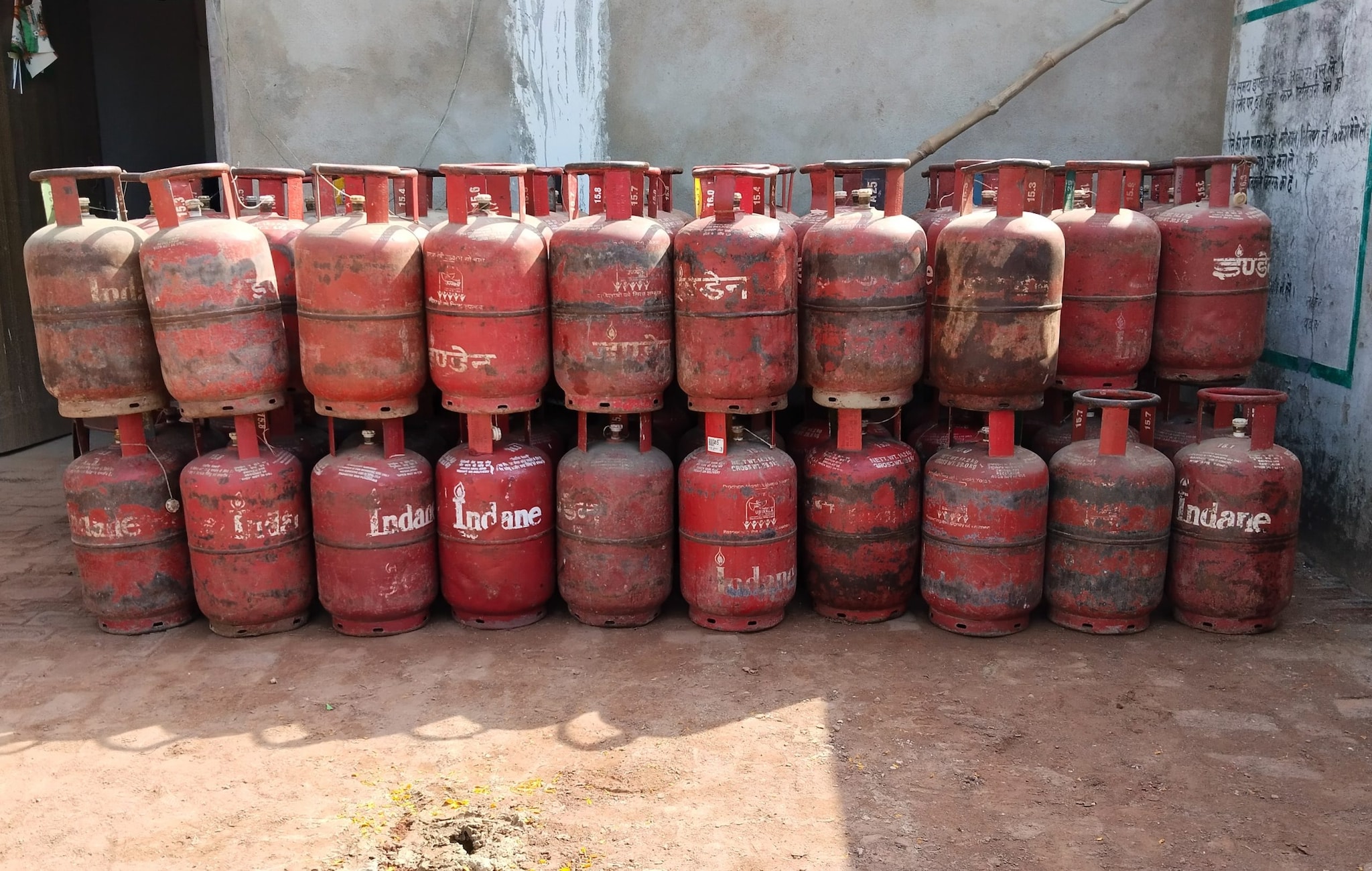Clothing items are displayed at an apparel store. (Image courtesy of Yonhap) SEOUL, April 17, (Korea Bizwire) — As climate change shortens South Korea’s transitional seasons and extends the summer, retail sectors are seeing shifting consumer behaviors and divergent business fortunes. While spring fashion sales slump amid erratic weather and weak consumer sentiment, electronics retailers are benefiting from an early surge in demand for summer appliances.
According to data released on April 16, department stores reported lackluster performance in fashion sales during February and March 2025. Lotte Department Store’s fashion revenue remained flat year-on-year, while Shinsegae and Hyundai Department Store posted meager growth of just 0.9% and 0.

2%, respectively. These figures stand in sharp contrast to the 6–7% growth rates typically recorded in previous years. Sales declined across virtually all fashion categories, from men’s and women’s apparel to children’s, sports, and outdoor wear.
Retail analysts attributed the downturn to a prolonged cold snap and dampened consumer confidence, exacerbated by political instability in the wake of the recent presidential impeachment. February’s average temperature fell to -0.5°C—its lowest in a decade and nearly 5 degrees below the 2024 average—due to back-to-back cold spells around the traditional onset of spring.
March remained erratic, with snow and sudden temperature drops continuing through mid-month. Industry insiders warn that with summer-like conditions expected to begin this week and a scorching season forecasted, the spring fashion window may already be closed for retailers. In response, department stores are pivoting.
Hyundai Department Store has formed a climate change task force with key suppliers to overhaul seasonal sales strategies. As climate change shortens South Korea’s transitional seasons and extends the summer, retail sectors are seeing shifting consumer behaviors . (Image courtesy of Lotte Hi Mart) Among the measures considered are reducing the volume of spring and fall inventory, accelerating summer product rollouts, and aligning promotional campaigns more closely with real-time weather patterns.
Lotte and Shinsegae are also revising their traditional four-season product strategies to adopt a more climate-responsive, flexible approach. While fashion retailers struggle, electronics chains and manufacturers are thriving. Anticipating a hotter-than-average summer, consumers have begun purchasing air conditioners weeks ahead of schedule.
According to Lotte Hi-Mart, air conditioner sales rose by 50% in the first quarter of 2025 compared to the same period last year, and by about 30% in early April alone. To meet growing demand, Lotte Hi-Mart expanded its air conditioner inventory by 45% and launched early reservation campaigns for Samsung Electronics’ models five weeks earlier than in 2024. LG Electronics also introduced its new lineup in January.
Even air conditioner cleaning services saw a tenfold increase in demand last month. Major manufacturers are operating at full capacity to keep pace. Samsung and LG reported year-on-year growth of 51% and 60%, respectively, in domestic residential air conditioner sales during the first quarter.
In March alone, those figures surged to over 61% and 80%. With weather increasingly shaping consumer behavior, South Korea’s retail industry is undergoing a fundamental transformation—one that may redefine seasonality in the age of climate disruption. Lina Jang ( linajang@koreabizwire.
com ).
Business

Climate Change Reshapes Retail Calendar, Boosting Summer Appliances While Crimping Spring Fashion

SEOUL, April 17, (Korea Bizwire) — As climate change shortens South Korea’s transitional seasons and extends the summer, retail sectors are seeing shifting consumer behaviors and divergent business fortunes. While spring fashion sales slump amid erratic weather and weak consumer sentiment, electronics retailers are benefiting from an early surge in demand for summer appliances. According [...]The post Climate Change Reshapes Retail Calendar, Boosting Summer Appliances While Crimping Spring Fashion appeared first on Be Korea-savvy.














